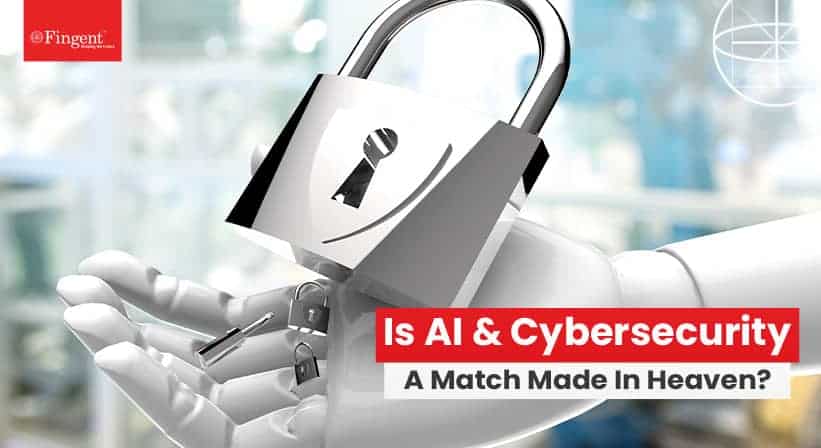The Four Disruptive Forces in Retail
Warning: in_array() expects parameter 2 to be array, null given in /home/www/fingenttest/public/wp-content/themes/fingent/template-parts/content.php on line 37
Warning: in_array() expects parameter 2 to be array, null given in /home/www/fingenttest/public/wp-content/themes/fingent/template-parts/content.php on line 81
Flexibility, convenience, pleasure and less uncertainty. These are some of the factors that affect the shopping habits of consumers. According to a report by PwC, it is pretty evident that consumers are constantly looking for ways to ease their shopping experience and maximize efficiency at the same time. Hence, retailers need to think beyond regular channels in order to win over consumers and gain competitive advantage. As consumers are increasingly becoming more keen on developing their own approaches to researching and purchasing, both online as well as in stores, it is inevitable that retailers be more aware and ahead in using technology to generate more sales.
Technology is definitely the main reason for the change in consumer behaviour as is evident from the PwC report. It goes on to describe four such technological disruptions in the retail world, which are totally influencing consumer behaviour. They are as follows:
- Store evolution – According to the survey, almost 36% of the respondent shoppers said that the store remains the central point of shopping for them. They go to a physical store at least once in a week. This is pretty huge compared to the ones that shop online weekly, which are 20% through PC, 10% through a tablet and 11% through a mobile phone. While the store remains to be powerful, reliable and long-lived, online shopping is increasingly becoming more popular as well. When some of the reasons were examined for the rise in online shopping, there were two predominant ones: one was the ability to shop 24/7 and another was the convenience of not having to travel to a physical store. At the same time up to 60% of the respondents also said that the ability to see, touch and try merchandise before buying them was one of the major reasons that made in-store shopping popular too. Digital disruption is taking place as there is less impulsive buying these days as shoppers depend on e-commerce websites for purchase decisions.
- Mobile technology – It was proven in an earlier report of the PwC, that many developing parts of the world are fast reaching or in some cases have even crossed the US rate of mobile phone adoption. In fact, two years ago, reports had shown that 30% of survey respondents had used a mobile phone to make a purchase and this year’s survey shows that 47% have. That is indeed a sign of disruption. Although, only a 29% said that they see themselves using a smartphone as the main tool for a making purchases, and only 3% of them feel smartphones to be their preferred tool for making payments and purchases. Putting this thought aside, another use to which mobile phones are being put is, comparison of prices and location of stores. It is increasingly becoming a major tool for such pre-purchase activities and serves to be medium of constant connection between the retailers and the consumers.
- Social networks – When asked if their interaction on social media has led them to buy more or has affected their buying decisions, a major share of the respondents, that is, a 62% said yes, it has. It is evident in the report that the social media engagement of retailers and consumers has increased. About 34% of the respondents followed their favourite brands or retailers online, a 28% said they found brands they didn’t know about or developed an interest in and another 27% said they researched on a brand using others’ feedback on social media. All these figures indicate a significant increase from the previous years. Although, considering that the social media is a platform for connecting people world over, only a less majority of the people actually share their favourite products with their friends (15%) and only an 8% made the effort to connect with people who liked similar products. Aside from that, one of the major factors that attracted customers to a particular brand page was attractive deals or promotions, said by almost 45% of the respondents.
- Demographic changes – Unsurprisingly, the use of social media is the most significant difference between the generation of people who have been raised in the midst of technology and social media and the other generations among the respondents. The former generation of people said to be using the social media for following brands, discovering new brands and researching, while the latter does not use it much. Another significant difference between the two generations is the use of mobile technology. When asked whether they engaged themselves in activities with a mobile device, again the “digital natives” said to be using them more often than the rest of the respondents. Most often they have used a mobile device for making payments, scanning QR codes, locating a store etc. They also seemed to want more of in-store technology as they chose in-store WiFi to be one of their favourite one. It is pretty evident from all these factors that the current generation has a different view towards shopping altogether, than the earlier generation.
All of these changes point to one thing: all the new technology, whether it is e-commerce sites, or the social media or mobile phones, they have changed the way customers shopped. There is definitely a huge impact on the retail physical stores due to such technological disruption. Customers are now looking for ways to further personalize their shopping experience and find easy ways of doing with the help of technology.
Image credits: TonyV3112 / Shutterstock.com
Stay up to date on what's new

Recommended Posts
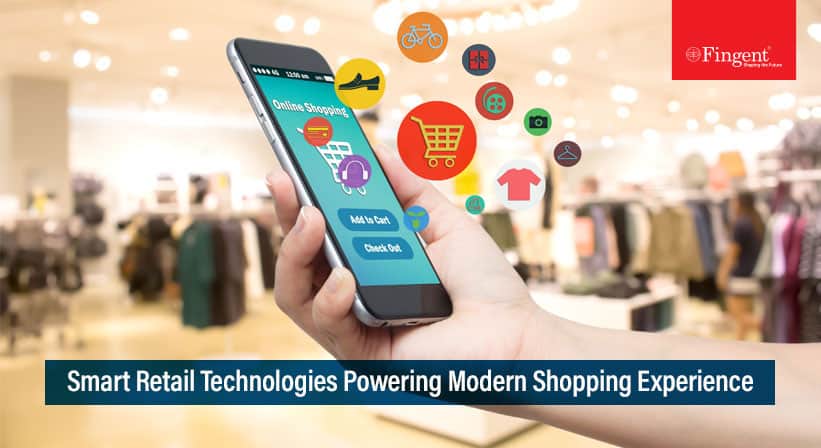
24 Oct 2023 Retail B2B
Explore Innovative Business Possibilities with Smart Retail Technologies
Our digital era is a whirlwind of change, with technology driving transformation at breakneck speed. It's not just about adopting new gadgets; it's about recognizing technology's influence on consumer interactions.……
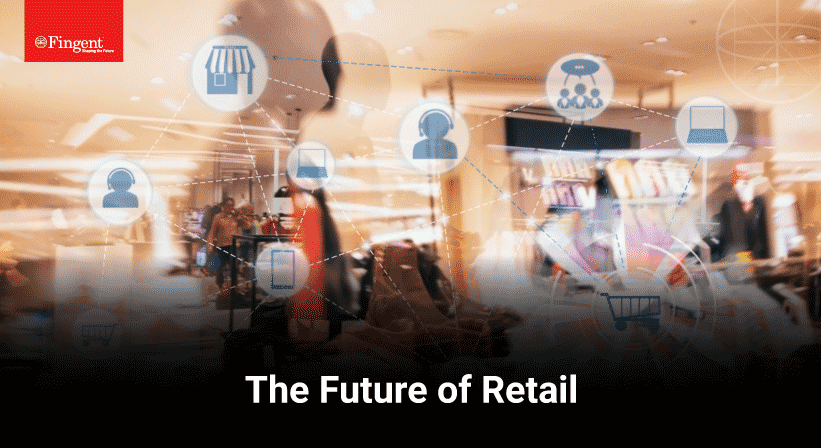
17 Mar 2023 Retail B2B
The Future of Retail: Key Technologies for Success
Over the years, digital evolution has transformed the way we shop! The lockdowns and store closures due to the unprecedented events of 2020 has moreover accelerated this evolution and mainstreamed……
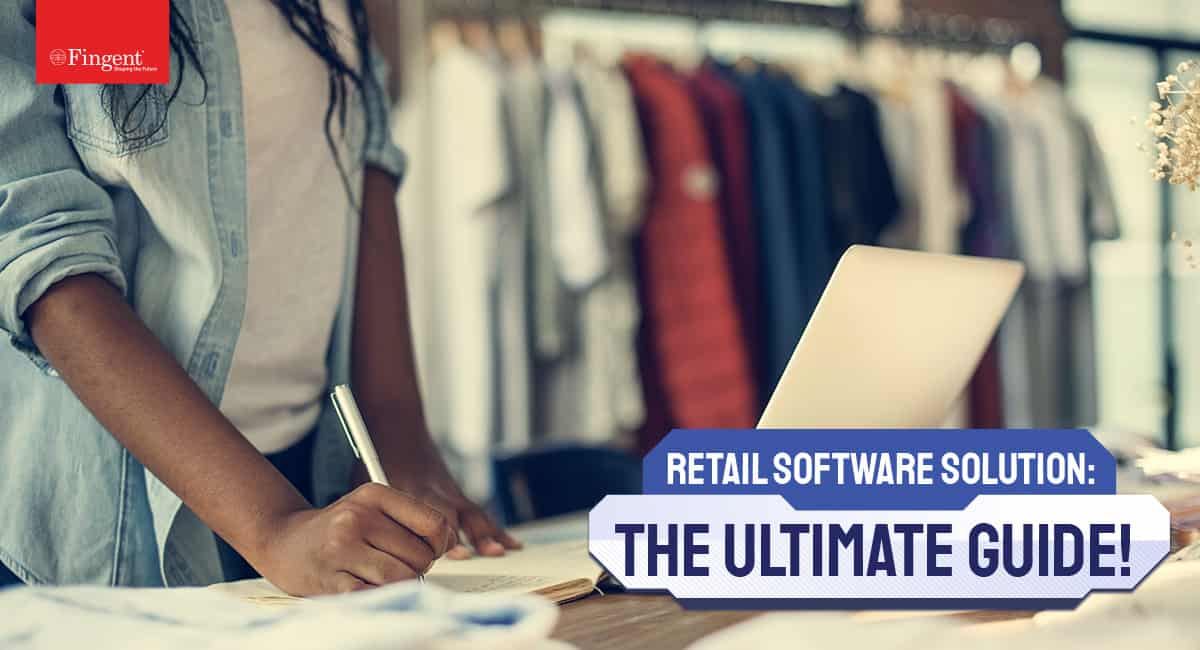
01 Jun 2021 Retail
Custom Retail Software Solutions: Everything You Need to Know!
How Retail Software Solutions Help You Gain A Competitive Advantage The retail industry has witnessed a tremendous transformation over the past few years. Innovative retail technologies have made the sector……
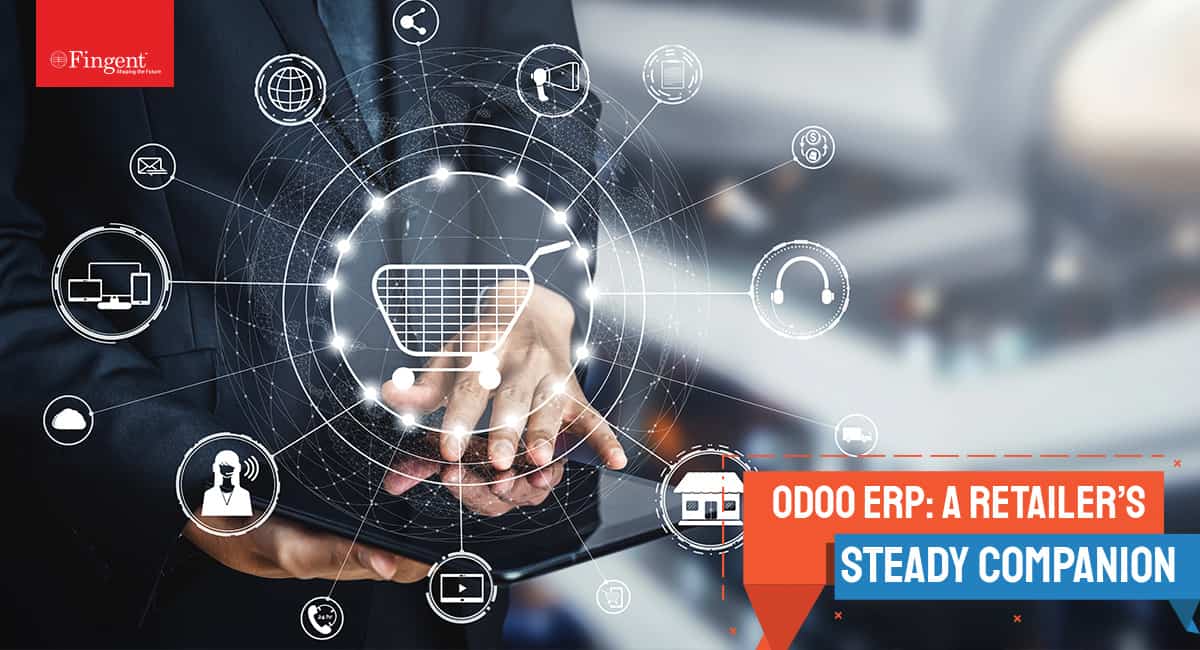
26 Apr 2021 Retail
How Odoo ERP Enhances Retail Operations Management
Being an Official Partner of Odoo, Fingent has always catered to the needs of various customers and streamlined their operations, thus saving their costs, time, and resources. In this post,……
Featured Blogs
Stay up to date on
what's new










